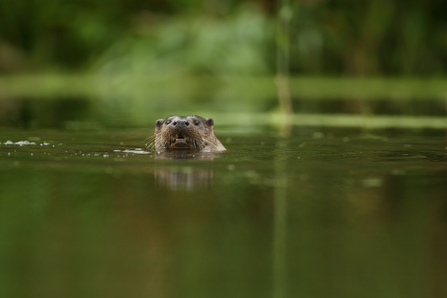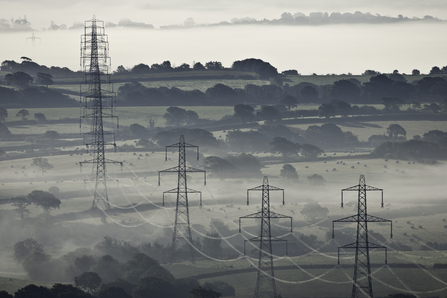King’s Speech
The plans mentioned in the King’s Speech do not automatically mean that these plans will go ahead – there may be interruptions, priority changes or they may take a long time to be approved. However, the King’s Speech is a useful insight into what the new government is prioritising. Below are some of the bills that relate to our priorities as a Wildlife Trust:




